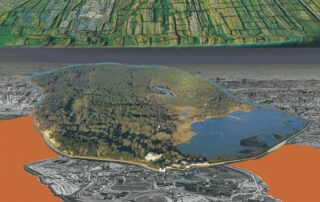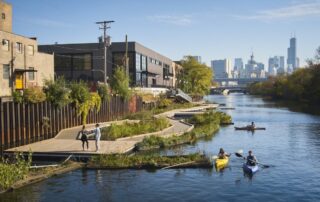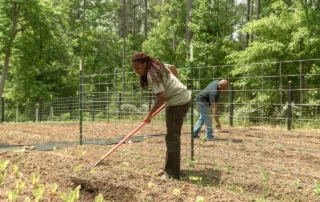The Color of Grass Roots: Diversifying the Climate Movement
Heather McTeer Toney highlights the immediate intersectionality of the climate crisis and the historic and contemporary struggles, work, and hope of BIPOC communities throughout it. Toney is Greenville, Mississippi’s youngest and first Black female mayor and has been fighting for water rights in her area, not realizing that she was continuing a legacy of environmentalism that goes back hundreds of years. Black communities have been at the frontlines of environmental and climate related issues for centuries as environmental justice is inextricably linked to their experiences of social justice. Toney highlights the need for affected communities to be involved in decision making in the future. She then shifts the conversation to hope and perseverance by uplifting faith communities that have provided safe and empowering spaces for Black communities throughout various movements. This hope has often been missing from the climate movement. Recognizing the climate crisis as part of a contemporary continuation of historic systems of oppression and learning from the communities leading the way to justice is how we can make radical change. Photo Credit: United Women in Faith








